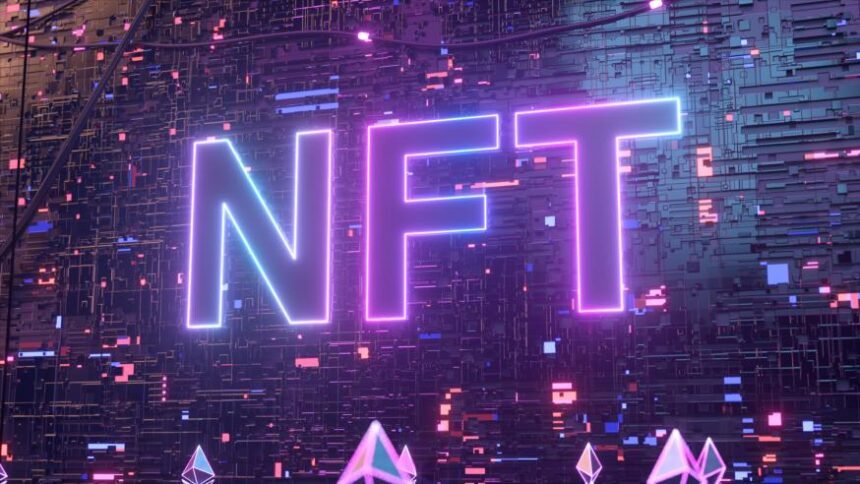NFTs – or “non-fungible tokens” – are a new type of digital asset that is quickly gaining popularity.
What are they? And why do they matter?
Simply put, NFTs are digital assets that cannot be copied or duplicated. This makes them unique and valuable because you can’t just transfer them to someone else without first getting their agreement (or paying a fee).
Why is this important?
Because NFTs provide an interesting way for businesses to remove the risk associated with transactions. For example, if I give you 50 eggs, there’s no guarantee that you’ll be able to sell all of them on the open market. But if I give you 100 eggs that are each uniquely identified (by having a corresponding token), then it’s much easier for you to sell these eggs in exchange for money or other goods.
Another benefit of NFTs is trust: not everyone has access to the same information, so it can be difficult to verify certain claims or agreements between two parties. With NFTs, however, everything is publicly available and transparent – so there’s no need for trust anymore!
So far, so good… but are NFTs really dead?
There have been a lot of discussions lately about whether or not “nonfungible tokens” (NFTs) are dead. The short answer is that it’s still too early to tell. NFTs have the potential to revolutionize how businesses operate and interact with their customers, but they haven’t yet had a real impact on the world economy.
So why all the talk about NFTs dying?
Two reasons:
1) There is confusion surrounding what an NFT actually is; and
2) The overall market for NFTs isn’t very large yet. Right now, most of the activity in this area takes place between traders and speculators rather than actual consumers using them in practical ways.
In time, though, we think that both these limitations will start to change as people begin to use NFTs more widely across industries.
In the meantime, stay tuned – there might be some interesting developments happening in this space soon!
For more such content, keep reading @techinnews



